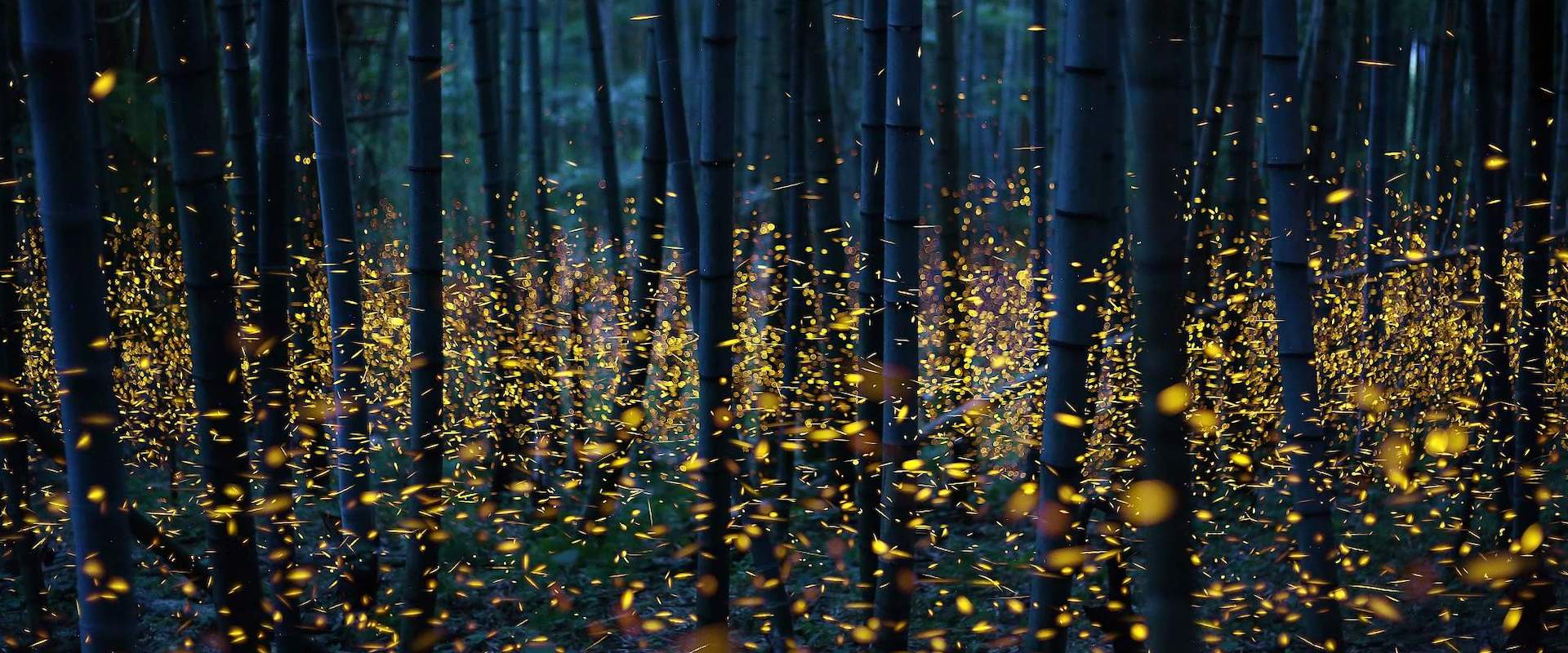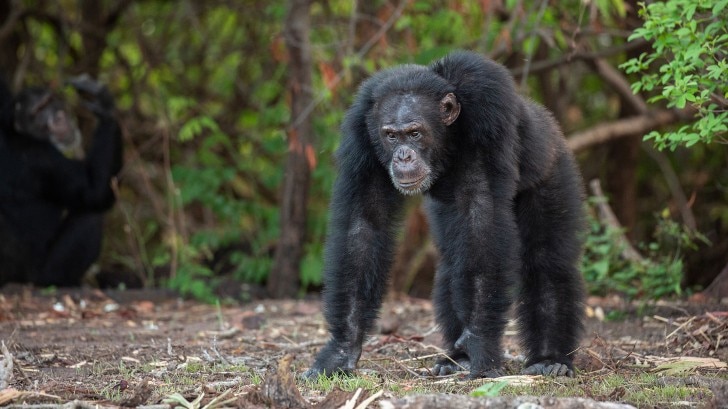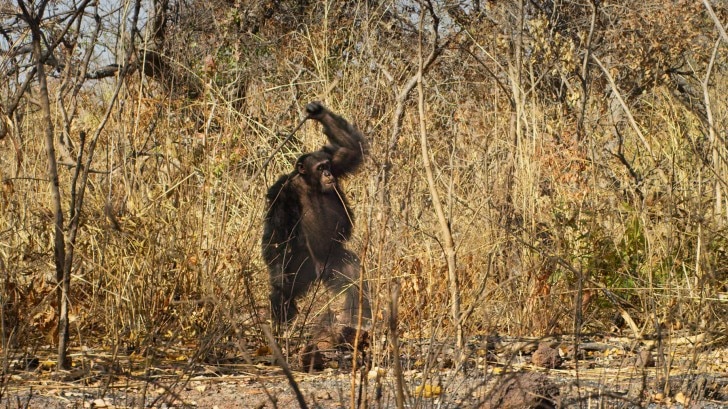

BBC Earth Podcast
Close your eyes and open your ears
Intimate stories and surprising truths about nature, science and the human experience in a podcast the size of the planet.
Behind the scenes
SPOILER ALERT: This is what happened to David after the cameras stopped rolling.
Since filming for BBC Dynasties ended in July 2017, David, a Western chimpanzee living in Senegal, continued his reign with great leadership and strong alliances. Chimpanzees live in complex social structures and hierarchies, and leaders can keep on top with a variety of different strategies of conflict and cooperation.

He survived the rainy season, but the following dry season was to be his last. The younger males knew that if they worked together they could eventually overthrow him. One evening in February, 2018, he was attacked, once again at night, by a gang of males, including Luthor.
Primatologist Jill Pruetz from the University of Texas State, who studies the West African chimpanzee, says the best interpretation of what happened is that other males jumped him.
This time, two years older and still suffering from previous injuries, David, who had ruled for twice as long as any other known leader of the group, simply wasn't strong enough and he died a few days later.

As a leader, David was an extraordinary chimp, ruling for twice as long as any other alpha ever recorded at Fongoli. His success means that there is every chance his bloodline, in the form of one of his sons, will one day rule troop again.
For Pruetz, whose studies are conducted with scrupulous objectivity, his death was emotional. “He was probably my favourite chimp. I really took it hard. There’s a huge absence. It’s like more than one chimp is gone. But it’s okay [to be upset]…we’re human,” she says. "I tell myself you can’t get too emotionally attached things happen to these chimps. But we do have favourites.”
Jumkin was second in the hierarchy and immediately moved into the alpha position. He is still in power today. Luthor jumped to the second spot in the hierarchy, but most of the others now avoid him and ignore his calls. KL remains a middle ranking male, spending most of his time with the other, older males. He tries to avoid the younger males if he can.

Western chimpanzees, a subspecies of the common chimpanzees, are critically endangered. All great apes are considered Endangered by the IUCN, but the West African chimpanzee was given Critically Endangered status in 2016. Between 1990 and 2014, the population of western chimpanzees dropped by 80 per cent. The main threat to the estimated 21,000 to 55,000 living in the wild is habitat loss and commercial hunting for meat. In Senegal particularly, the expansion of gold mining has damaged large areas of the chimps natural habitat and the process contaminates the water with mercury.
In addition to habitat loss because of mining practices, the influx of people from various locales brings with it the potential for disease transmission to the chimpanzees"

“In addition to habitat loss because of mining practices, the influx of people from various locales brings with it the potential for disease transmission to the chimpanzees,” says Pruetz. “Especially because mining sites are characterized by high human densities and no modern amenities, such as running water or waste disposal.”
“With apes like chimpanzees, populations are unable to “bounce back” once they reach a certain point because, like us, apes take a long time to mature and reach reproductive age, and they usually give birth to only one infant at a time,” she explains. Unlike humans, and other animals, female apes have very long intervals between successive births.

Pruetz believes to the key to successful conservation is involving local communities in conservation efforts. “They are key to better understanding the challenges faced by endangered species, and they are key to protecting them,” she says. “Their livelihoods may or may not depend on the species in question, but their help is required for conservationists to preserve the biodiversity we have left today.”


Intimate stories and surprising truths about nature, science and the human experience in a podcast the size of the planet.